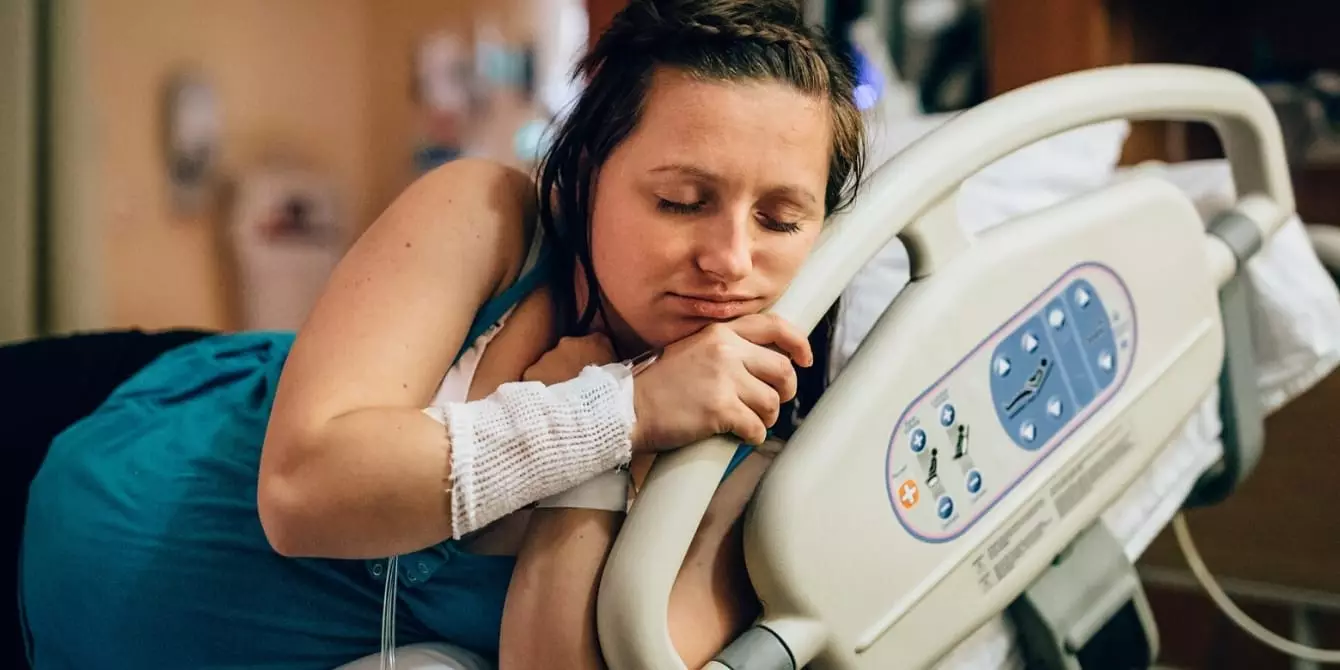When I first contemplated my impending journey into motherhood, I was filled with excitement but also apprehension. The question posed by my midwife about how I wanted to deliver my first child was met with an instinctive response: I wanted to forgo an epidural. Why did I feel that way? A mix of needle phobia and a desire for societal validation made me lean toward an all-natural birth. As a 37-year-old, newly married woman, I secretly hoped to earn the admiration of peers and family for “toughing it out.” However, the more I engaged with birthing practices, the more my anxiety grew, making research a double-edged sword.
Instead of drowning in further uncertainties, I turned to the oral histories passed down through my family, believing these anecdotes would shed light on my potential experience. My mother recounted the challenges she faced delivering my older brother, her experience punctured with mentions of the infamous epidural. My maternal grandmother’s experiences were tales taken straight from another era, one where home births were the norm and medical interventions were uncommon. The stories painted a vivid picture of strength and perseverance, particularly the heart-wrenching narrative of my grandmother surviving a taxing labor in the early 1920s, all alone while living on a farm.
The tales of the women in my lineage inspired a mix of admiration and dread. My grandmother, who delivered five children—one at 45—was a tough, self-reliant woman. Yet, listening to her trials left me with a somewhat skewed perspective on the contemporary birthing experience. The struggles she faced, from long hours of labor without medical assistance to a cavalier belief that losing a first child was commonplace, made my apprehensions regarding pain seem trivial. My family’s narratives made societal expectations take a backseat; I was now more concerned about safety and the health of my future child.
As my due date fast approached, I found myself counting down the days with anxiety, fielding questions about my condition from well-meaning friends and family. Emotionally restless, I was ready for the whole ordeal to conclude. When my actual due date passed without any indication of labor, I faced a difficult choice: should I follow medical recommendations for induction given my “advanced maternal age”? Eventually, I did schedule an induction, but the emotional weight of that decision lingered heavily.
Induction commenced, and shortly after, the contractions began in earnest. Initially trying to wear the “tough” mantle, I was sapped of energy, grappling with the harsh reality of contractions that felt insurmountable. The nurse’s timely interjection about pain relief options was a pivotal moment for me. After administration of IV medication, my body calmed, and I took that brief reprieve to rethink my strategy. As I approached the final stages of labor, my internal dialogue spun wildly, fearing my resilience would be inadequate if I faced turbulence akin to what my grandmother experienced.
After hours of labor, with various interventions—pushing, suction, episiotomy—I gave birth to my son. Yet, in those exhausting hours, I had begun to grapple with the realization that asking for help wasn’t a sign of weakness. The weight of my grandmother’s challenging birth seemed to echo in my mind—a tale of survival in a time devoid of modern conveniences.
Ultimately, my decision to embrace the epidural marked a significant shift in my journey. Relief washed over me, allowing me to tackle the final hours of labor with newfound strength and clarity. The chaotic whirlwind transformed into elemental moments of joy as I finally held my healthy baby boy in my arms. My husband stood by, reaffirming my strength in the face of what I previously viewed as weakness. His observation that I embodied the indomitable spirit of my grandmother stood as a poignant reminder of the resilience woven into the very fabric of motherhood.
In the end, while the decisions my husband and I made may not fit everyone’s narrative, they encapsulated our experience—our journey to safety and health amidst the daunting backdrop of childbirth. It was a realization that the only birth plan that truly mattered was one that led me home, cradling my newborn, full of hope and love.
Reflecting on my experience, I embrace the complexity of motherhood, recognizing the unique narratives that shape our paths. Our stories are powerful, connecting generations through shared experiences while allowing us the space to forge our unique journeys.

